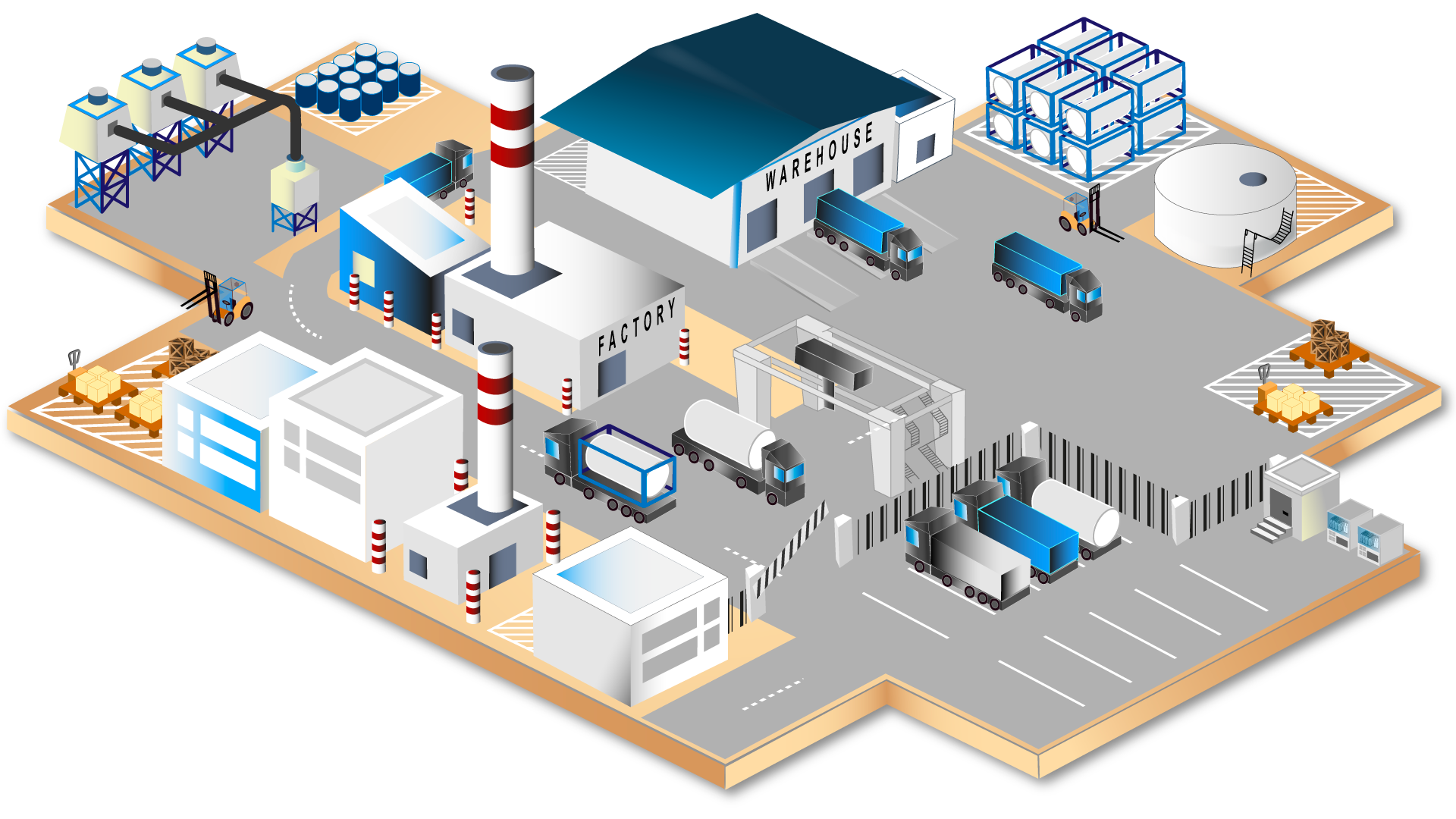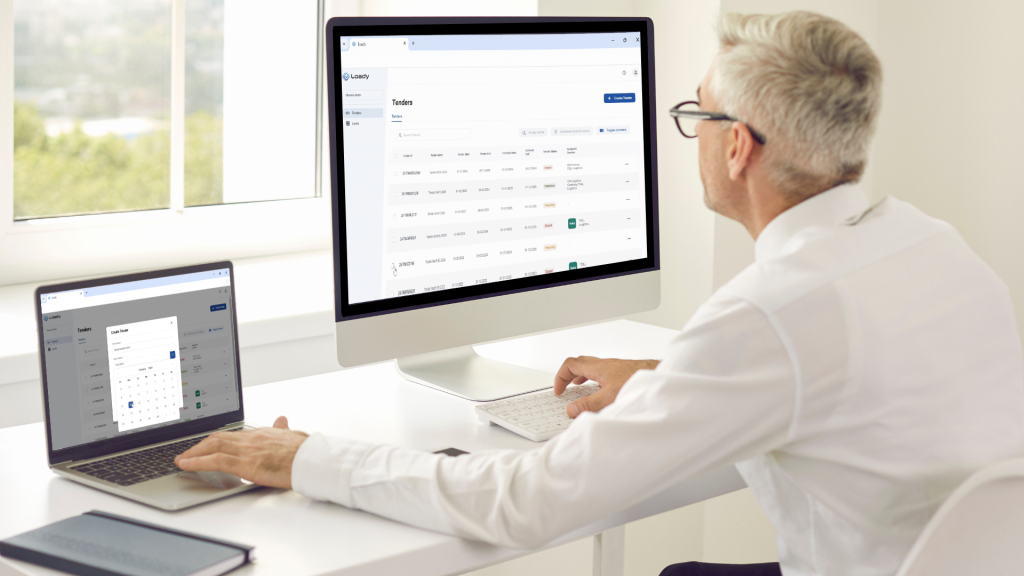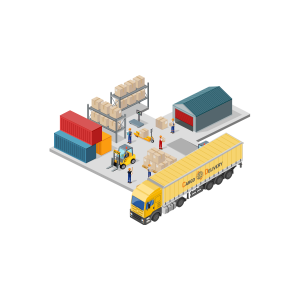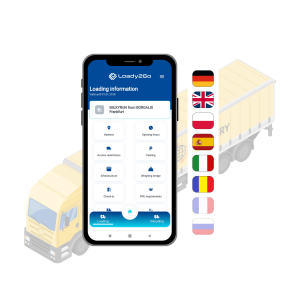Loady is based on a simple principle: data sharing instead of individual data collecting
1.
Companies maintain directly in Loady the requirements to be followed for loading their sales products or unloading the products delivered to them at their sites.
2.
By means of temporarily limited assignments, they share the information necessary for the operational process with their business partners (=shippers, customers, logistics service providers)
3.
Reliable and up-to-date requirements are available for the logistical processes
4.
Detailed, understandable requirements can be used online and in different languages, helping drivers and carriers in particular to manage also new customers and transport lanes
5.
The respective business partners can be informed automatically about changes in the requirements
Win-Win for all parties
As a shipper
Benefits for shippers
- Access updated customers requirements for delivering your products
- Share your and your customers’ requirements with assigned carriers
- Reduce troubleshooting efforts
- Reduce idle times in site logistics
- Increase asset effectiveness and overall process efficiency
- Speed up and improve logistics procurement processes
- Release the full potential of logistics’ digitization
As a customer
As a goods receiver, your main interest is that the product you have ordered arrives according to your order specifications and can be unloaded on time.
Therefore you inform your suppliers about your requirements for unloading at your site.
Benefits for Customers
- Share your requirements with suppliers for product deliveries
- Speed up communication in case of changes
- Reduce troubleshooting efforts
- Improve your slot planning reliability
- Reduce idle times in site logistics
- Increase asset effectiveness and overall process efficiency
- Release the full potential of logistics’ digitization
Truck drivers
When it comes to transporting goods, truck drivers and truckers in particular suffer the consequences of poor communication of relevant requirements between companies and logistics service providers. If specifications are passed on incorrectly or incompletely, it can quickly happen that a transport is prepared incorrectly. Especially in the case of complex products, it happens so quickly that relevant equipment or documents are missing, the safety equipment is not complete or the entire planning of the transport does not correspond to the conditions and processes on site. Problems thus arise at the reception at the gate, or at the latest at the loading or unloading point. This leads to delays, unnecessary waiting times and – in the worst case – to the rejection of a truck.
Truck drivers who are driving a transport for the first time, who do not speak the local language, or who simply do not have the necessary expertise, have a particularly difficult time. If they don’t get a transit permit or their trucks can’t be loaded or unloaded as planned, there are almost always lengthy, awkward and often frustrating discussions and conversations about both the causes of the problem and its possible solution.
With Loady, truck drivers and truckers have a multilingual online view of the current requirements and processes relevant to them at their respective locations. This makes it easier for them to find their way around on site and to know which conditions and processes apply to them.







